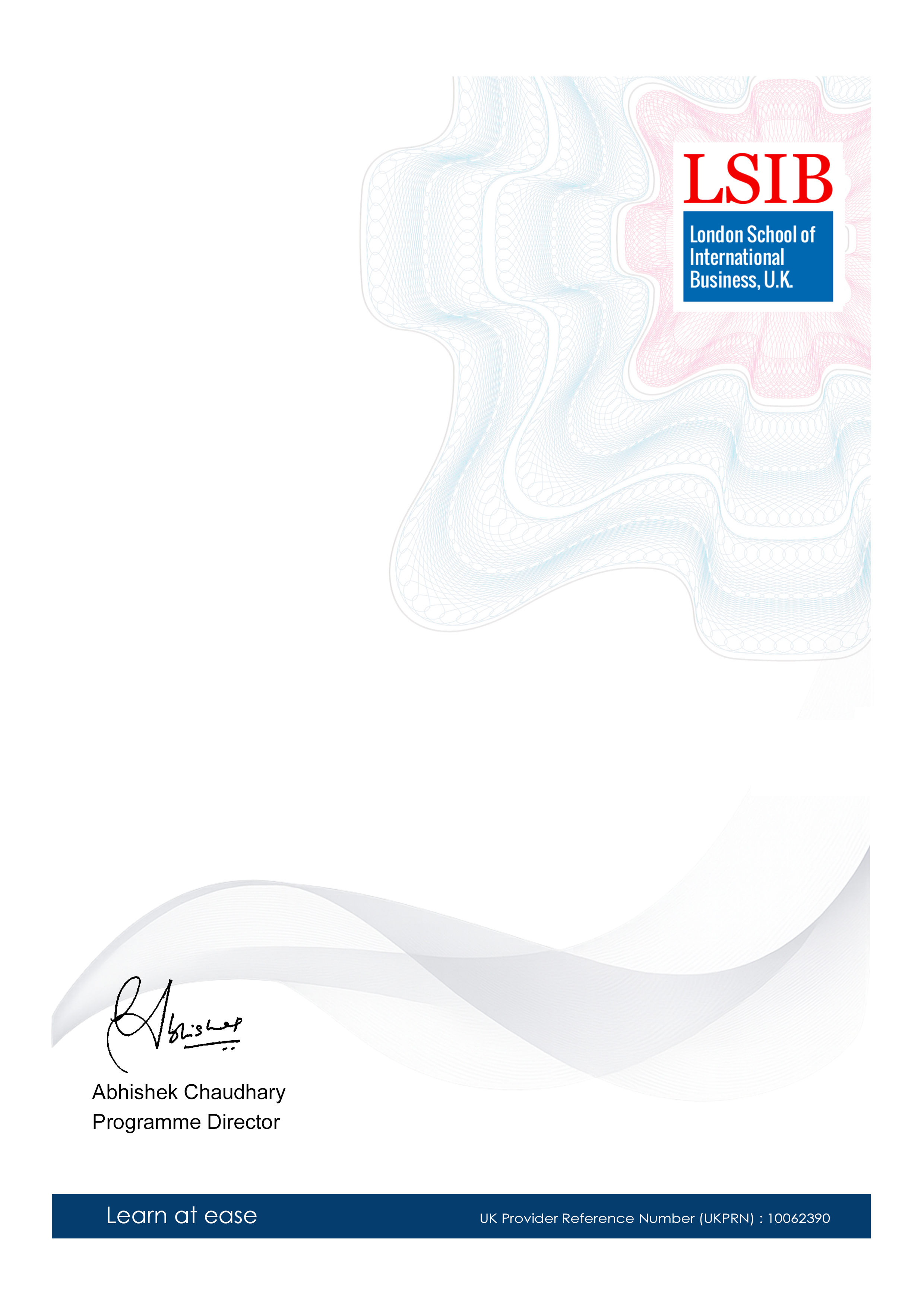Course details
Loading...
Generating course details...
• Cloud Computing Fundamentals for E-Commerce Bloggers: This unit will cover the basics of cloud computing, including types of cloud services, deployment models, and key cloud providers such as AWS and Azure. It will also explore the benefits of cloud computing for e-commerce businesses, including scalability, reliability, and cost-effectiveness.
• Cloud Security and Compliance: This unit will delve into the security and compliance aspects of cloud computing, including data encryption, access control, and regulatory requirements. It will also cover best practices for securing cloud infrastructure and data, and ensuring compliance with industry standards and regulations.
• Cloud Migration Strategies for E-Commerce Businesses: This unit will provide guidance on migrating e-commerce applications and data to the cloud, including assessment, planning, and execution. It will also cover strategies for minimizing downtime and ensuring business continuity during the migration process.
• Cloud-Based E-Commerce Solutions: This unit will explore the various cloud-based e-commerce solutions available, including platform-as-a-service (PaaS) and software-as-a-service (SaaS) options. It will also cover the benefits and limitations of each solution, and provide guidance on selecting the best option for e-commerce businesses.
• Cloud Automation and Orchestration: This unit will cover the use of automation and orchestration tools to streamline cloud-based e-commerce operations, including deployment, scaling, and management. It will also explore the benefits of automation and orchestration, including increased efficiency and reduced costs.
• Cloud Cost Optimization for E-Commerce Businesses: This unit will provide guidance on optimizing cloud costs for e-commerce businesses, including rightsizing, reserved instances, and cost allocation. It will also cover strategies for reducing cloud costs and improving ROI.
• Cloud-Based Data Analytics for E-Commerce: This unit will explore the use of cloud-based data analytics for e-commerce businesses, including data warehousing, business intelligence, and machine learning. It will also cover the benefits of cloud-based data analytics, including improved decision-making and increased revenue.
• Cloud-Based Content Delivery Networks (CDNs): This unit will cover the use of cloud-based CDNs for e-commerce businesses, including content delivery, caching, and security. It will also explore the benefits of cloud-based CDNs, including improved website performance and reduced latency.
• Cloud-Based Artificial Intelligence (AI) and Machine Learning (ML): This unit will explore the use of cloud-based AI and ML for e-commerce businesses, including predictive analytics, personalization, and chatbots. It will also cover the benefits of cloud-based AI and ML, including improved customer experience and increased revenue.
• Cloud-Based Disaster Recovery and Business Continuity: This unit will cover the use of cloud-based disaster recovery and business continuity solutions for e-commerce businesses, including backup and restore, failover, and failback. It will also explore the benefits of cloud-based disaster recovery and business continuity, including improved resilience and reduced downtime.

